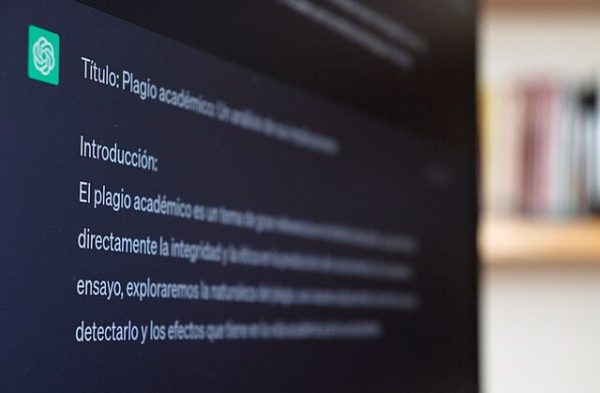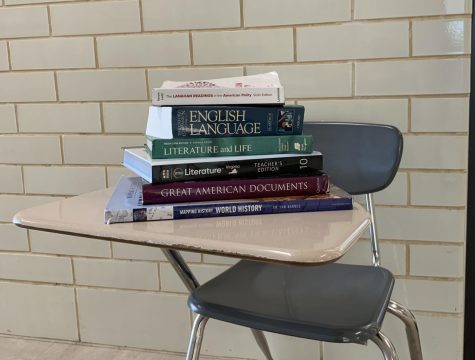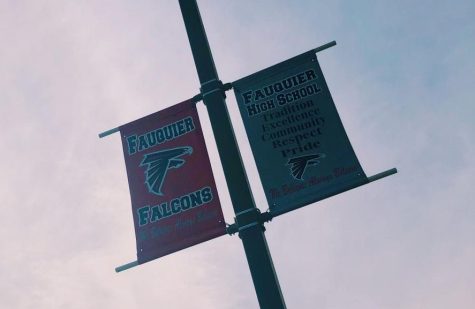Editorial: Act of book banning in schools must end
There has always been the elusive idea of banning books, but it is not something we as students are usually aware of, or so we thought. Book banning has been an ongoing tactic starting as far back as in ancient civilizations. Book banning or burning had been a way to get rid of history. It was a way for people to escape negative events that had happened.
Today book banning in schools is typically used because of inappropriate use of language, violence, or nudity.
Governments are banning books left and right in order to protect students from learning inappropriate material. While the Falconer’s editorial staff understand lessons in school should be kept appropriate and professional, books should not be held hostage at the cost of our education. No matter how the context is presented to us, students are exposed to some type of “inappropriate” behavior on a regular basis. Whether that comes from other classmates, teachers, the internet, and beyond, The Editors don’t believe banning books is the solution to keeping the school environment appropriate.
According to Holocaust Encyclopedia, some of the most well-known book bannings started with groups of Nazi students who decided to burn books that were “un-German.” These students were attempting to get rid of what was not their belief or culture. It should be an individual’s decision of what they want to read.
We read books like “Fahrenheit 451” and learn the importance of the written word and how it impacts lives all around the world. Why are we resorting back to that world by banning books that educate students? Students should be given the opportunity to read any book they want and not have to worry about the status or consequences of them reading the book.
Literature, music, and film are sacred and need to be saved for generations to come. Adults frequently point out how out of touch we are with the world – maybe stop taking away important literature from us and let us learn from great writers.
Not only does book banning discourage students from learning about important events, but it violates our First Amendment rights. “Congress shall make no law respecting an establishment of religion, or prohibiting the free exercise thereof; or abridging the freedom of speech, or of the press; or the right of the people peaceably to assemble, and to petition the Government for a redress of grievances.” Our freedom of speech and of the press is being revoked by banning books. The United States gives us the freedom to read and write what we please, something book banning contradicts.
On February 19 The Hill reported that a school in Fairfax County was forced to release an apology for putting banned books on display in their library. The display sign read, “Stuff Some Adults Don’t Want You to Read,” and according to The Hill, the Langley High School Library received lots of backlash from parents and the internet for that display. The Editors understand parents are concerned about the welfare of their child’s education and can be very protective of the information learned, especially if it is not within their belief system, but it comes to a point where this needs to be let go. By banning books, adults resort to the simple decision of creating ignorance for future generations.
Thanks for reading The Falconer. We're happy to provide you with award-winning student journalism since 1963, free from bias, conflicts of interest, and paywalls. We're able to continue with the generous support of our local community. If you're able, please consider making a donation. Any amount is incredibly helpful and allows us to pursue new and exciting opportunities.

The Falconer editorial board is made up of all editors of the newspaper, including the editor-in-chief, managing editor, and section editors. The opinions...








